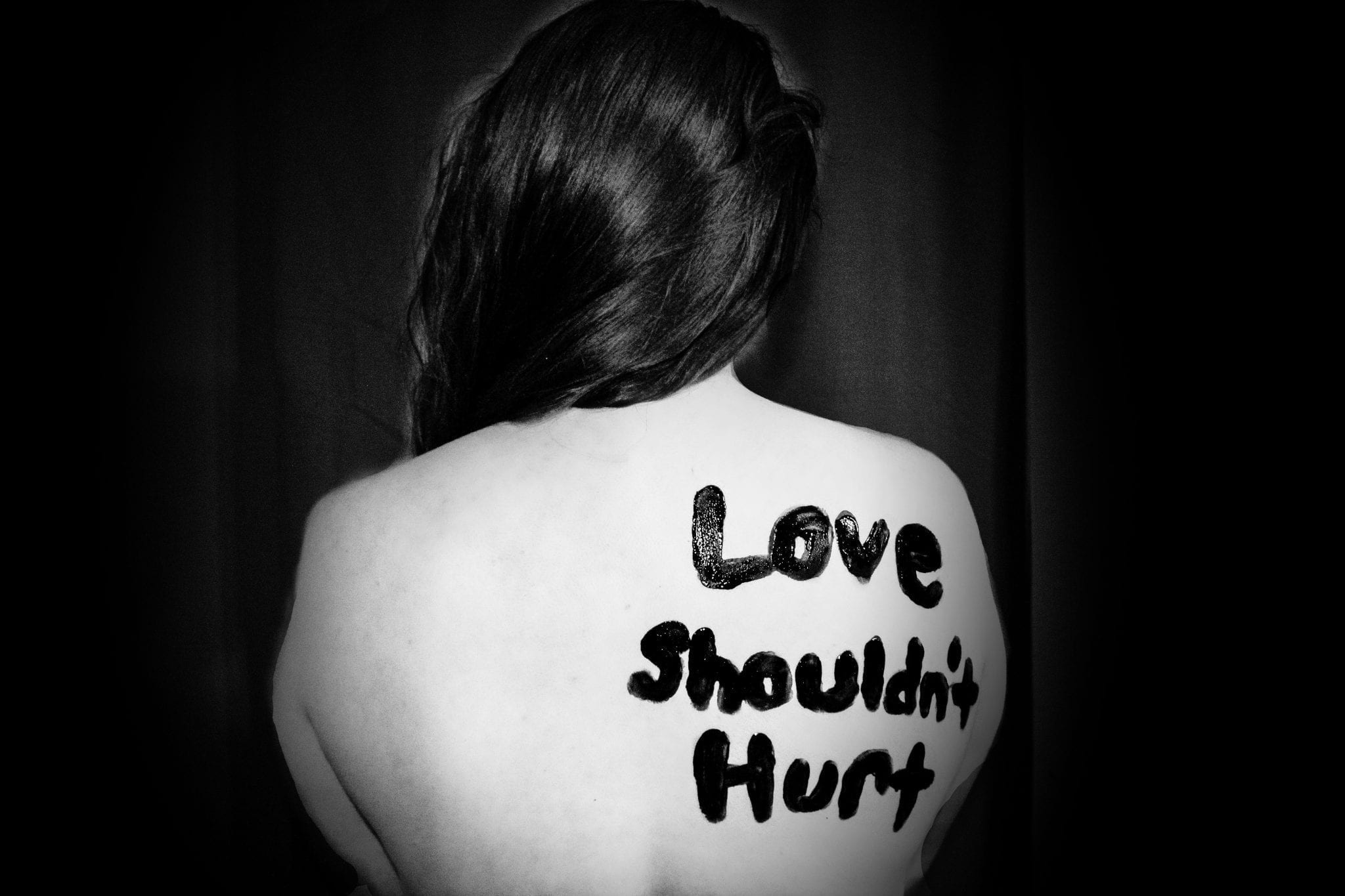When a person is arrested for domestic violence charges, the courts and law enforcement may take steps to ensure protection for the victim.
Violent crimes are often treated a bit more seriously than minor, nonviolent offenses. This is especially so if the crime is one of domestic violence. There is no list of specific offenses that are designated as domestic violence. Instead, domestic violence is more like a category of offenses that involves violence against a domestic partner or cohabitant. In many cases, the victim is a romantic partner or spouse of the defendant. Domestic violence tends to involve female victims, although other people are also victimized as well.
When you are arrested for domestic violence charges, you may be facing a more complex legal process and harsher penalties than a defendant charged with similar offenses that do not involve domestic violence. Depending on the laws of your state, you may face enhanced sentencing and other collateral consequences like losing the right to own a firearm. When confronting domestic violence charges, defendants should seek out qualified attorneys who have experience with domestic violence cases.
Domestic Violence Charges
As stated above, there is no single charge for domestic violence in most states. Any criminal charge might be considered a domestic violence charge if the offense occurred within a domestic partnership or between cohabitants. It is important to consult with an attorney experienced in domestic violence defense about your charges as different states may have different criteria for classifying crimes as domestic violence.

Contrary to what the term implies, domestic violence charges do not always involve physical violence. Many cases involve emotional or verbal abuse between partners or spouses. Other cases may involve nonviolent yet dangerous crimes, like stalking or harassment. Examples of nonviolent domestic violence charges include a defendant who stalks their ex-partner and leaves them harassing and threatening messages.
Restraining or Protective Orders for Domestic Violence Charges
When a person is arrested for domestic violence charges, the courts and law enforcement may take steps to ensure protection for the victim. Considering the close relationship between the defendant and the victim, the possibility for future harm to the victim is higher than normal. Courts wish to protect victims from harm, sometimes at the expense of the defendant.
One such way courts protect victims is by imposing temporary protective or restraining orders. These orders often come with consequences for defendants that can feel like punishments. For example, a protective or restraining order could force a defendant to leave their home if they share it with the victim. It is not uncommon for defendants of domestic violence charges to find themselves struggling for housing after a restraining order is imposed. Such an order can feel unfair as the defendant has not been tried or found guilty of any charges when the order is enforced.
A defendant hit with a restraining order will be required to stay away from the victim for the duration of their trial. This not only means no physical contact, but no messages or phone calls either. It is typical for restraining orders to apply not only to the victim but also to their friends and family members. If a defendant shares children with the victim, they may be forced to stay away from their own children.
Temporary restraining or protective orders generally last only until the case is resolved and the defendant is found guilty or not guilty. However, if a defendant is found guilty, the order could be made a permanent part of their final sentence. Lifting a protective or restraining order often requires the cooperation of the victim or proof that the order is not necessary.
Enhanced Penalties for Domestic Violence Charges
A conviction for a domestic violence-related offense may be met with penalties beyond those typical for non-domestic charges. How your penalties are affected will depend on the laws of your state. However, certain enhancements are typical in many jurisdictions.
Extra jail time may be imposed for domestic violence crimes. In some jurisdictions, penalties are enhanced simply because the charges include domestic violence. For example, the penalties for assault may increase if they were related to domestic violence. In other cases, domestic violence charges carry penalties in addition to those for the initial charges. For example, you may face penalties for the assault and other penalties if a child witnessed the assault. In either circumstance, domestic violence defendants may face harsher penalties and longer prison terms.
There are also collateral consequences that may not be imposed as a part of your final sentence. For example, it is common in many states for defendants convicted of domestic violence charges to lose their rights to own firearms. Different states may impose different types of restrictions and rules for reinstating your gun rights.
As mentioned previously, additional consequences could include final restraining or protective orders. These act similarly to temporary orders but are imposed at sentencing and can last indefinitely. This means you must stay away from the victim and possibly your own children forever.
Final Remarks on Domestic Violence Charges
Domestic violence charges are frequently more complicated than ordinary criminal charges and tend to come with numerous penalty enhancements. The consequences of a domestic violence conviction are not always part of a final criminal sentence. There could be a number of civil consequences, like losing certain rights or even losing custody of children.
Defending against domestic violence charges or penalty enhancements can be difficult because courts do not often sympathize with these defendants. If you are charged with domestic violence, it is crucial to seek the assistance of an experienced criminal defense attorney who understands your charges and how to mount the best possible defense.


Join the conversation!